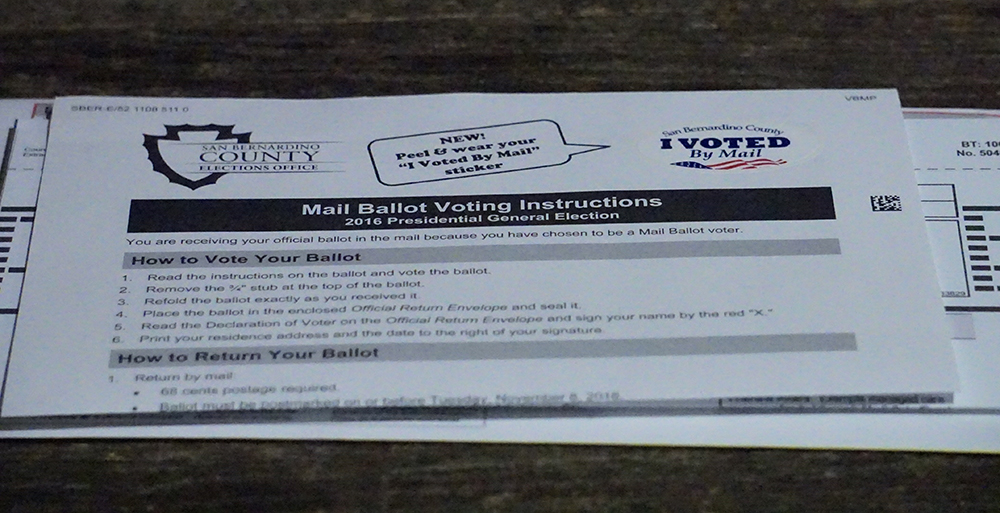With the monumental 2016 election nearing rapidly, many Americans will vote for the first time because they came of age or gained citizenship. Not all can say the same. Across 48 states, 6.1 million prisoners cannot vote because of their incarceration according to the sentencing project, a nonprofit organization that works for criminal rights. Voter disenfranchisement laws vary by state, but 11 states – Alabama, Arkansas, Florida, Georgia, Louisiana, Mississippi, North Carolina, South Carolina, Tennessee, Texas, and Virginia – along the “black belt” of America bar citizens from voting after prison, parole and probation. The 15th, 26th, 24th and 19th amendments of The U.S. Constitution allow every citizen a right to vote, and barring the right because of jail time — past or current — should have no significance in this conversation.
Voter exclusions
Felony disenfranchisement excludes voters from participating in any election because of past criminal records. Each state creates laws for themselves regarding the issue. Some states, such as Maine and Vermont, have no voter restrictions. Other states, like Alabama and North Carolina, have absurd laws that seem to intentionally disenfranchise certain voter demographics.
In Alabama, voters can have their right to vote revoked if they previously committed a crime of “moral turpitude.” This can range from murder to bouncing multiple checks. The state also does not define “moral turpitude” crimes. This leaves the decision process up to local registrars. This can leave a lot of room for inaccurate interpretation and bias.
Racial injustice
Furthermore, Alabama also requires a photo ID to vote. In poor, rural, historically black areas of Alabama, citizens likely cannot afford the required $36.25 state-issued ID due to the extreme poverty in these areas. The state worries about voter fraud and thus requires the IDs. The claim of voter fraud makes no sense considering Alabama Secretary of State John Merrill essentially stated the evidence fraud cases existed through hearsay. “We had had it reported where people went to vote and it was overheard by poll watcher that Jimmy is working late today so he wanted me to make sure I got his and that I voted for Jimmy,” said Merrill in a interview for the documentary entitled “The Black Belt,” “That’s a problem.” When the same interviewer asked if this was undocumented, Merrill conceded.
In North Carolina, the Fourth Circuit Court of Appeals recently struck down a law that would make the state’s voter restrictions the toughest in the nation. In addition to barring previously incarcerated voters, probation and parole time and requiring a photo ID before voting, the law sought to get rid of same-day registration, early voting within seven days of the election and out of precinct. These laws directly affect the black voters of North Carolina because these laws directly work against their demographic statistics within the state.
Fearful intentions
These strict voting laws increasingly affect more and more people in America. In the last 40 years, incarceration increased by more than 500 percent according to the sentencing project. The current population of detainees in jail or prison is 2.3 million people. This means that for every 100,000 citizens, 698 of them live in a prison or jail. Furthermore, 1 in every 10 black male in their thirties resides in jail at any given time according to the sentencing project. North Carolina and Alabama give clear examples of voting segregation. Fear of losing the state to Democrats forces lawmakers to create such outrageous laws.
A staggering 2.2 million have restricted access to voting depending on their state citizenship. People fought for this right to vote. Participating in any general elections contributes to the many freedoms Americans enjoy. Those within the age range to vote need a voice within this election now more than ever. Barring the right to vote based on criminal convictions with underlying currents of racism retracts the fundamental freedoms on which this nation staked its claim.







